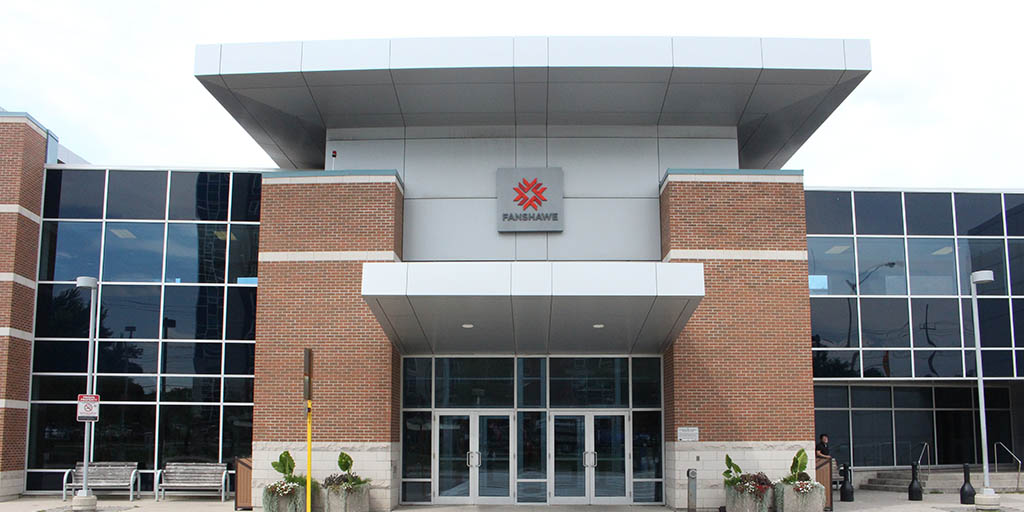How Fanshawe is preparing for legalized marijuana
 CREDIT: LAUREN DIETRICH
CREDIT: LAUREN DIETRICHMarijuana will be legal in Canada on Oct. 17 and Fanshawe has spent the summer developing strategies as to how to support and educate students about the substance.
The Liberal government announced early this summer that marijuana will be legal to possess and use as of Oct. 17. Although Fanshawe has not made a decision as to what the policy will be on campus at this point, a number of student services at the college have been working towards preparing for the legalization.
According to executive director of Student Success, Heather Cummings, her team will be partnering up with Campus Life, Residence, Fanshawe Student Union (FSU) and Counselling and Accessibility Services to develop education and awareness campaigns that will work towards the same goals.
“Counselling and Accessibility Services are gearing up to have more information and resources available to students,” Cummings said. “There will be students who may have concerns about addictions or students who use this to self-medicate for other issues that are going on.”
In addition to having the chance to educate students, Cummings also discussed that there are other benefits to marijuana being legalized, such as reducing highly addictive and laced substances that are available on the street and having the opportunity to inform people on how to detect if someone is high in the classroom.
“There is a line of thinking that if you make something legal then you allow a conversation to take place,” Cummings said. “It is creating an opportunity for us to raise awareness about cannabis and the symptoms of students and staff members who are using. What would that look like and how you would know?”
Executive director of reputation and brand management department, Dave Schwartz, discussed that the College is working towards developing a policy that will address marijuana on campus. “We have a group working on deciding what the policy should be, but right now it is premature,” Schwartz said. “Until we know the government’s details, we can’t decide on the policy.”
Cummings further discussed how she held a neutral opinion about the legalization and weighed the pros and cons of each side. “There is very clear research that states that there are long-term impacts on brain development in young people who are smoking before a certain age,” Cummings said. “I also know that when we make it legal, it is regulated and it allows us to have more safety related conversations with people. I would rather be able to say that it is your choice and do it if you want, but this is what you are doing to your brain.”
As much as Fanshawe can be prepared for the legalization, there is no way of saying how much of an impact it could have. “I think it is already on campus and we are already supporting students who use [it] and we try to keep them safe and healthy and we will continue to do that,” Cummings said. “I am hoping that this will all be adopted and we will figure it out really quickly so I am prepared either way. We will either be really surprised and think there is a lot going on or we will see that not much is different.”














